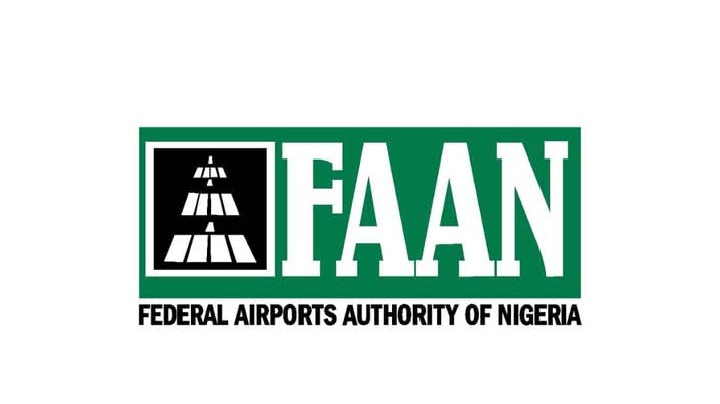In a renewed bid to boost its internally generated revenue, the Federal Airports Authority of Nigeria (FAAN) has commenced the registration of freight forwarders operating at the Murtala Muhammed International Airport (MMIA), Lagos. The exercise, which began on March 1, 2025, is currently free but has stirred controversy amid reports that FAAN may soon introduce a registration fee of ₦650,000 per licensed company.
This rumoured fee has triggered widespread outrage among freight forwarders and industry stakeholders, many of whom argue that FAAN is operating beyond its statutory mandate.


Critics say FAAN lacks the legal authority to register or regulate freight forwarders, pointing out that such powers lie with the Council for the Regulation of Freight Forwarding in Nigeria (CRFFN) and the Nigeria Customs Service (NCS), not the aviation authority.
“Freight forwarding is not exclusively an aviation activity. It involves land, sea, and air logistics, and FAAN is not empowered to regulate or register those involved,” said a stakeholder at the Hajj Camp. “The only aviation agency with that kind of regulatory authority is the Nigerian Civil Aviation Authority (NCAA), which oversees airlines, crews, and aviation agents.”
Stakeholders further argue that FAAN, as a landlord within the airport environment, should focus on infrastructure development and management, rather than attempting to impose registration on entities doing business with its concessionaires such as NAHCO and SAHCOL.
“Freight forwarders are clients of FAAN’s tenants—not FAAN directly,” said another source. “It’s like a landlord demanding to license the customers of his tenant’s shop.”


Some freight operators allege that FAAN intends to follow the registration with the reintroduction of a controversial “Port Charge”—a fee said to be as high as ₦60 per kilogram of cargo—despite not providing direct cargo handling services. They cite existing charges on airlines such as landing, parking, and passenger service charges as sufficient sources of revenue for FAAN.
Industry observers believe that FAAN’s involvement in cargo scanning and collection of manifests from airlines is outside the scope of its enabling Act, which doesn’t assign it any cargo-processing functions. These roles, they argue, fall under handling agents appointed by airlines, per ICAO regulations.
Moreover, the congested state of the Hajj Terminal—home to cargo sheds, banks, sales offices, and motor parks—is seen as a planning failure on FAAN’s part. Critics suggest a redesign of the cargo environment, not registration, is needed to solve the chaos.

In response, FAAN’s General Manager of Public Affairs, Mrs. Ijeoma Nwosu-Igbo, confirmed that registration was ongoing at the cargo terminal but stressed that it wasn’t limited to freight forwarders.
“The registration is aimed at identifying all individuals and businesses operating at the cargo and Hajj terminals to help FAAN serve them better,” she explained. “It is not specific to freight forwarders. Every business operator is expected to register under their respective category.”
She declined to comment on the alleged ₦650,000 fee, citing she was driving at the time and later became unreachable for follow-up clarification.
Stakeholders are now calling on the Minister of Aviation, Festus Keyamo, and the CRFFN Registrar, Mr. Kingsley Igwe, to intervene. They warn that FAAN’s actions could undermine government efforts to create an investor-friendly environment in Nigeria’s aviation and cargo sectors.




